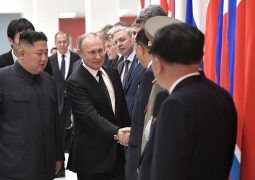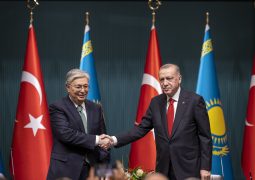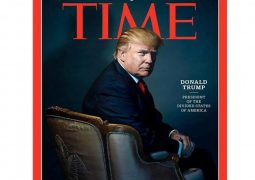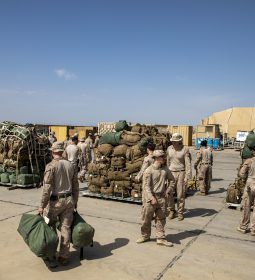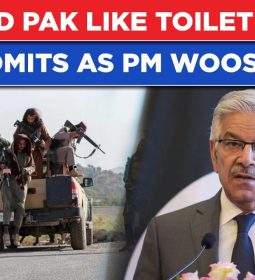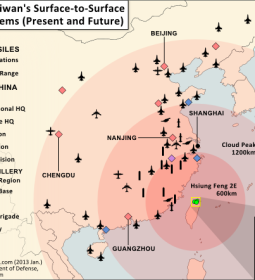Trump Presidency Is Already Altering Israeli-Palestinian Politics
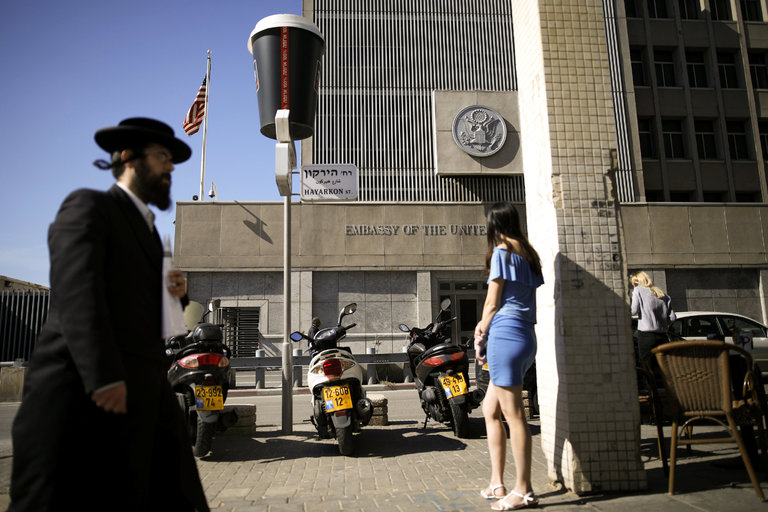
JERUSALEM — Just two days old, the presidency of Donald J. Trump is already reshaping the politics between Israelis and Palestinians, on issues from the location of the American Embassy to possible annexation of a major settlement bloc to whether Palestinians are on the edge of a renewed revolt.
Sunday was a day of intense maneuvering on all sides, with an elation among many Israelis that the rancorous relations with the Obama administration were over — but with questions about just how far or how quickly Mr. Trump would go on moving the embassy from Tel Aviv to Jerusalem, a quandary that has bedeviled American presidents for decades.
Palestinian and Arab leaders girded for the changes that the new administration in Washington might bring. On Sunday, Mahmoud Abbas, the Palestinian Authority president, met in Jordan with King Abdullah II, and both leaders repeated their staunch opposition to the embassy move.
“I hope the American administration will act on two levels: one, to not discuss moving the embassy to Jerusalem, and second, for the administration to lead negotiations between the Palestinians and Israelis with the aim of achieving a political settlement,” Mr. Abbas said.
The Israeli news media was filled with speculation on Sunday that the Trump administration would immediately announce the embassy move — as a de facto recognition of Israel’s annexation of predominantly Arab East Jerusalem, which it captured from Jordan during the 1967 war.
On Sunday, Mr. Trump spoke by phone with Israel’s prime minister, Benjamin Netanyahu. While Mr. Trump called the talk “very nice,” he did not address the embassy move — a promise repeatedly made but left unmet by American presidential candidates since the 1970s.
The White House seemed to seek to stifle speculation of any immediate announcement.
“We are at the very beginning stages of even discussing this subject,” Sean Spicer, Mr. Trump’s spokesman, said in a statement.
Mr. Netanyahu called the talk a “very warm conversation” in a statement, but he did not mention the embassy. He said the men discussed peace with the Palestinians and Mr. Netanyahu’s planned visit to Washington in February.
Amid the lack of clarity on Mr. Trump’s embassy intentions, Mr. Netanyahu engaged in a day of furious political positioning.
On one hand, he is happy to have someone in the White House seemingly more like-minded on the Palestinian question than Mr. Obama was. But on the other, Mr. Trump’s advisers and his designated ambassador, David M. Friedman, a supporter of Israeli settlement in the occupied West Bank, are in some ways in closer political step with Mr. Netanyahu’s right-wing rivals.
The prime minister is also besieged by what appears to be a series of serious investigations, from whether he improperly accepted gifts like cigars and pink champagne to whether he conspired with a newspaper publisher for more favorable coverage.
As such, Mr. Netanyahu tried to tamp down his rivals by positioning himself both as Mr. Trump’s main interlocutor as well as the champion of Jewish settlers in the West Bank and East Jerusalem.
He declared that he opposed any limits on building in East Jerusalem, a major point of contention between him and the Obama administration. On Sunday, the city announced approval for 566 housing units that had been delayed over Mr. Obama’s objections.
- Previous Dwindling Chinese population in Malaysia bodes ill for nation and economy, analysts say
- Next Rare Shooting by Chinese Official Acting Out of Revenge Say Police





